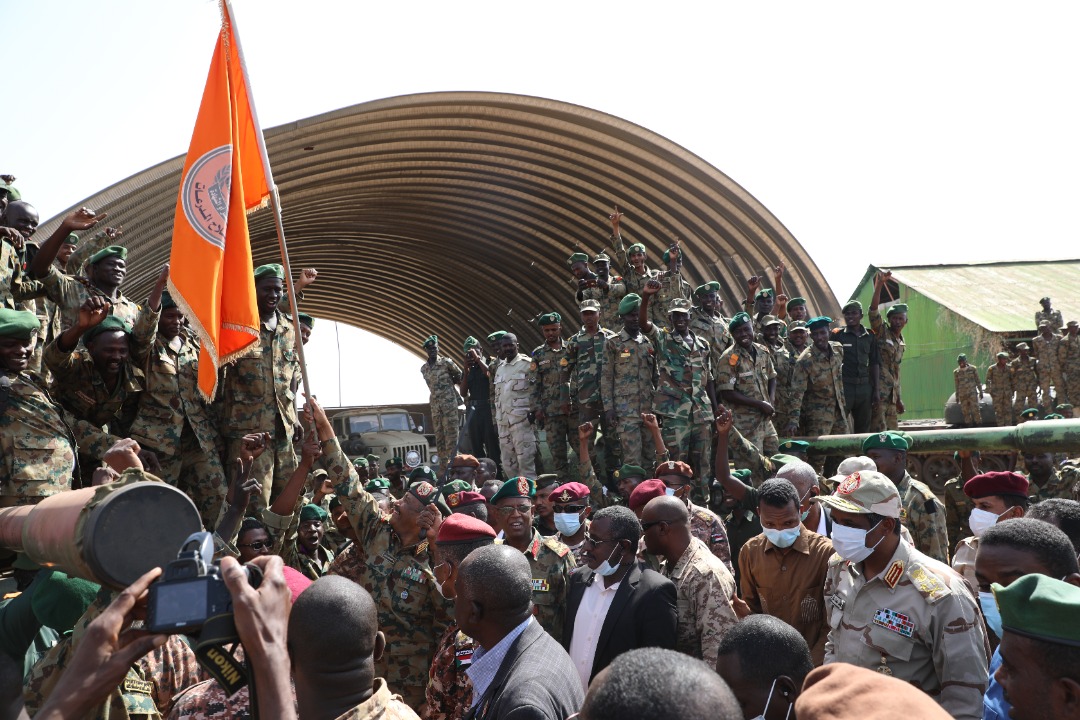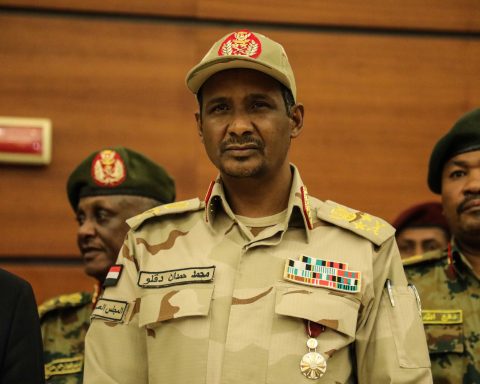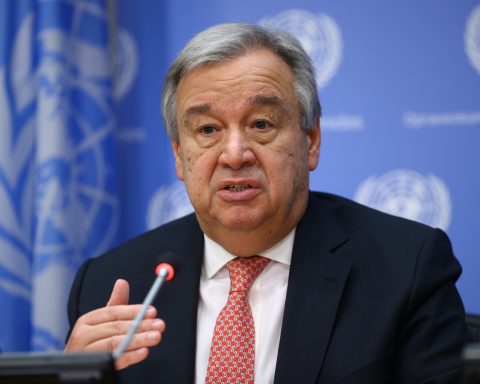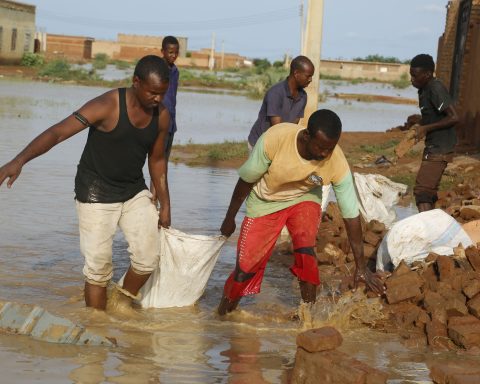On Tuesday, September 21, a coup d’etat was made against the transitional government in Sudan. Small protests were held in different provinces of the country. However, the protests in the state of Port Sudan, which have been going on for months, have become more and more violent in recent days. In this context, a Sudanese transitional government delegation arrived in Port Sudan on Sunday for talks aimed at containing protests in eastern Sudan.
Protesters have shut down the city’s airport, seaports, and the main route between Khartoum and Port Sudan in protest of a 2020 peace pact with rebel groups that the Beja tribes in eastern Sudan claim to be marginalizing them. According to a statement from Sudan’s ruling Sovereignty Council, a government delegation met with the city’s security committee and the Beja Nazir High Council. The group includes the foreign, interior, and oil ministers and is led by council member Shams El-Din Kabbashi. In this context, Sudanese officials announced their government had achieved a deal with tribal protesters to allow the restart of crude oil shipments from landlocked South Sudan via a Red Sea terminal.
Protesters from the Beja tribes in eastern Sudan have been blocking roads and causing Red Sea ports to close in recent weeks, demonstrating against what they claim is a lack of political power and bad economic conditions in the region. Also, the Beja Nazir High Council laments the marginalization of the eastern areas and calls for the rejection of the Juba Peace Agreement as well as the convening of a national assembly to approve development projects in the eastern districts.
Sudan has been under a 53-month transitional period since August 21, 2019, which will culminate with elections in early 2024. The army, the Forces of Freedom and Change (FFC) alliance, and armed movements that signed a peace accord with Khartoum on October 3, 2020, are currently sharing power. In this context, there are divisions within the FFC alliance, especially due to the Juba Peace Agreement signed by the transition government with the armed groups in November 2020. The prominent group in this separation is the Sudanese communists. As a matter of fact, after the coup attempt, Sudanese communists also criticized the civilian wing of the transition government.
Sudan is governed by a transitional government composed of both civilian and military representatives, which was established after the overthrow of the Omar al-Bashir government in April 2019 and is tasked with overseeing the transition to full civilian rule. More than two years later, the country continues to suffer from the chronic economic problems inherited from the al-Bashir government, as well as deep divisions among the various factions governing the transition. In addition, the promised legislative body has not yet been established.
The government, led by the Sudanese Prime Minister Abdalla Hamdok, has pledged to restore the country’s deteriorating economy and to make peace with the rebel groups fighting against the al-Bashir regime. In recent months, the Hamdok government has been carrying out a series of difficult economic reforms to qualify for debt relief from the International Monetary Fund (IMF). In this context, the cut of subsidies and the fluctuations in the Sudanese pound received a very harsh reaction from many. There are occasional protests within the country against IMF-backed reforms, the rising cost of living, and delays in providing justice to the families of those killed under al-Bashir.
In fact, last Monday, demonstrators blocked main roads, as well as the country’s key commercial center, Port Sudan, to protest the peace deal signed with the rebel groups last year. Furthermore, the inter-tribal tension in Port Sudan, which has been going on for a few months, has become much more difficult for the transition government. Additionally, tensions continue in Sudan after the coup attempt. Meanwhile, following last week’s failed coup by soldiers loyal to al-Bashir, tensions between Sudan’s military and civilian authorities hit a low point on Sunday. The military has been accused by civilian officials of plotting a coup.
In short, Sudan is in a social crisis due to the political and economic crises that it needs to be resolved after the coup d’état, as well as the balances it cannot establish after the Juba Peace Agreement.














